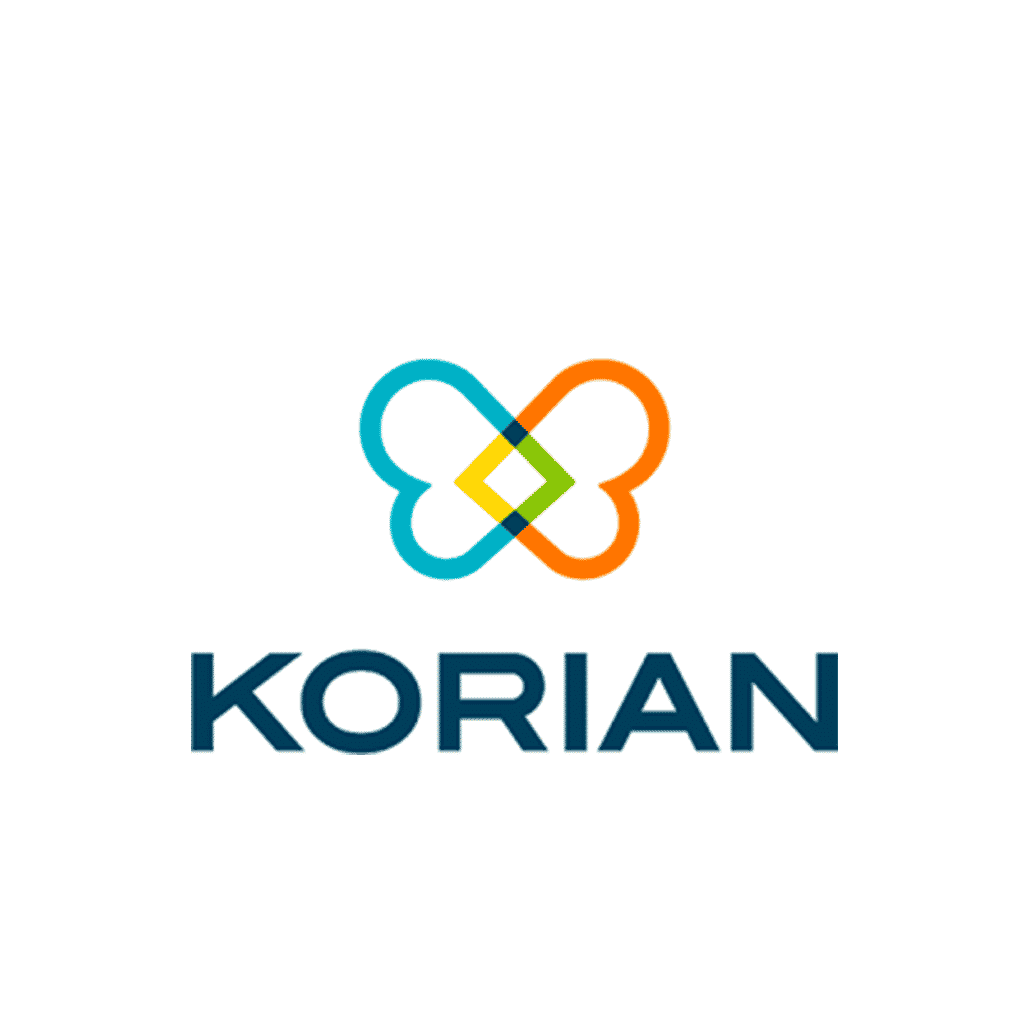Reduce the Group’s carbon footprint by acting on the energy performance of its current and future buildings.

Terms of the action or commitment
Korian conducted a Carbon Footprint Assessment in 2018 with the aim of evaluating the carbon footprint of the business. This study will reveal that more than 38% of the GHG emissions of the Group’s activity are linked to the category: Energy of buildings. emissions from the Group’s activity are linked to the category: Energy for buildings. Based on this observation, an ambitious low-carbon roadmap has now been drawn up. Korian has made its carbon footprint one of its CSR priorities.
The Group has set some objectives:
• Reduce its energy consumption by 3% by 2020
• To certify 100% of its new buildings as HQE (or equivalent) from 2020;
To achieve its objectives, several actions are considered:
• Change the energy mix of the most energy-intensive buildings, and to this end renovation work will be undertaken;
• Drastically reduce GHG emissions by phasing out fossil fuels, for example: reduce fossil fuel consumption by replacing oil-fired boilers, wherever possible;
• Increase the share of renewable energy in the energy mix of its buildings;
• Reduce the energy consumption of buildings by raising awareness;
• Certify all new buildings with an environmental certification (HQE or equivalent);
• Include the minimum CO2 environmental standards and thresholds in all new investment applications
In order to reduce its energy consumption, Korian has launched the CUBE 2020 Challenge in France organized by l’Institut français pour la performance
du bâtiment (IFPEB). This one-year challenge involves several company buildings, including 20 Korian establishments known as “pilot establishments”. The objective
is simple: to reduce energy consumption through use.
Levers mobilized for circular economy (according to Ademe)
Implementation timeline
Starting year
2020
Ending year
2034
Main actors mobilized
Internal actors
Group Real Estate Technical Department, Country Real Estate Departments, Country Operations Departments, particularly building maintenance and security, Group Finance Department and Country CFOs, CSR Department
External actors
Agencies specialised in environment and buildings, research partners such as Carbone 4, IFPEB...
Geographic area
Group (6 countries over Europe)
Photo / Video
2022 follow-up of the action
Date of follow-up
May 2022
Methods of validation of the follow-up
internal validation - Our extra-financial results are verified and validated by an independent third-party organization - see Universal Registration Document
Status of the action
In progress
Completed
a) Results
Achieved
Partially achieved
Not achieved
b) Numerical / Qualitative information
Cancelled
Explanations
Comparison with the projected pace in the last publications
Keeping up with the times
In advance
Delayed
• Reduce energy consumption by 3% by 2020
Energy reduction target not met
Increase in the Group’s energy consumption per m² by 2.3% in 2021 compared to 2020. This variation is explained by several phenomena:
– The harshness of the climate in 2021: the winter period in 2020/2021 and the summer period in 2021 were more intense than the respective periods in 2020, resulting in higher energy consumption for heating and cooling (see explanation below in the Unified Degree Days treatment) ;
– The impact of the Covid-19 pandemic: the measures applied to the operation of ventilation installations in some countries, including France and Italy, resulted in higher energy consumption:
– Operation of air handling units in “downgraded” mode, with air recycling stopped and thus the benefit of air reheating,
– Regular ventilation of the premises by systematically opening the windows whatever the period;
– In Italy, the resumption of surgical activities in 2021, with the operation of operating theatres and imaging equipment, was also a factor in the increase in energy consumption, compared to 2020, when activity was stopped for several weeks.
Target 2022:
– We are committed to reduce our CO2 emissions – with an overall target by 2030 of -40% and an intermediate target by 2025 of -15% compared to 2020.
• HQE (or equivalent) certification of 100% of its new buildings from 2020;
In order to achieve these objectives, several actions are considered: By the end of 2021, 95% of the portfolio of new projects (Greenfield) are labelable. In 2021, the Group has also opened 53 certified sites throughout its scope. In Italy, the BEREGAZZO – San Giulio specialized retirement home was certified LEED GOLD in 2021. In the Netherlands, 3 facilities opened in 2021 with the GPR – GEBOUW label. In France, 46 A&V projects with the NF HABITAT HQE label opened in 2021.
• Decarbonisation of its energies: Changing the energy mix of the most energy-intensive buildings and banning fossil fuels
This decarbonisation of Korian’s building can be seen in the 2021 results. Indeed, Korian has reduced its carbon emissions by 6.8% compared to 2020.
The reduction observed between CO2 emissions per m2 between 2020 and 2021 can be explained in two ways:
– The Group’s strategy encouraging less carbon-intensive energy sources, particularly wood, as well as the connection to heating networks, where possible. For example, the wood-fired heating system in Germany is developing, with 9 sites now equipped (i.e. 3 more than in 2020);
– The update of emission factors in 2021.
The trajectory for reducing energy consumption in buildings and associated carbon emissions considers the evolution of the energy mix planned in each of the Group’s countries. The Group aims to significantly reduce the use of carbon-based energy sources such as propane and fuel oil. In France, for example, a study was carried out in 2021 on establishments still using oil-fired boilers, in order to establish a timetable for replacing these installations with less carbon-intensive energy sources over the next two years.
By 2030, these energy sources will no longer be used in existing buildings. At the same time, the Group is developing the production of ‘decarbonized’ energy, through the installation of photovoltaic panels in Germany, Belgium and Italy, where most new buildings (Greenfield) will include these types of installations on flat roofs in the future.
• Increase the share of renewable energy in the energy mix of its buildings:
Due to the size of its real estate portfolio, Korian is progressively installing solar photovoltaic panels on the roofs of its sites. Countries such as Belgium, Spain and Italy are considerably developing their photovoltaic parks. At the end of 2021, 41 Belgian sites were equipped with photovoltaic panels.
• Reduce the energy consumption of buildings by raising awareness of eco-actions:
Awareness campaigns for – residents, patients and staff – are regularly conducted on eco-actions within the facilities. Fleet managers and maintenance staff are also trained to detect over-consumption.
• Integrate the GROUPE CO2 environmental thresholds into all new investment files as a minimum for all investment authorization requests. In order to comply with the Low Carbon Energy roadmap
